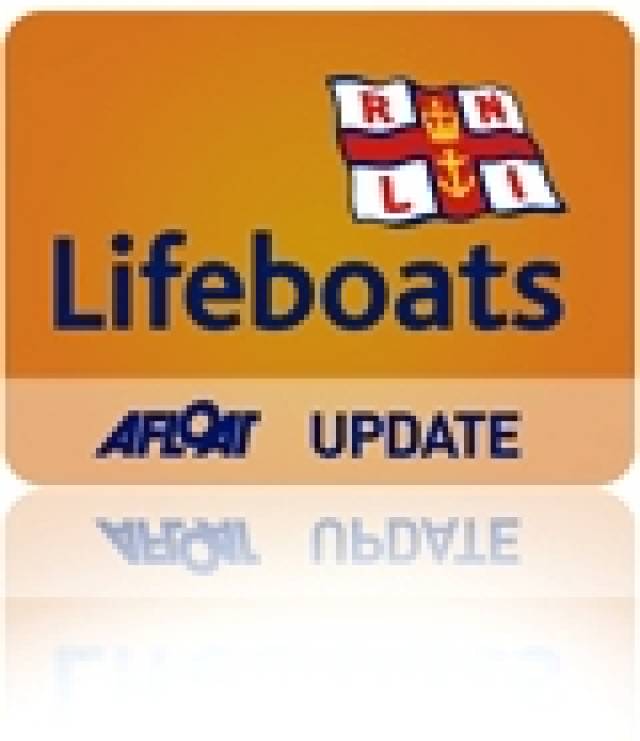#RNLI – The annual RNLI Ireland awards took place at the Royal Hospital Kilmainham in Dublin, with volunteers and supporters being recognised for their role in raising funds and awareness for the charity that saves lives at sea. Guest of honour was RTE's Bryan Dobson, who spoke of his admiration for the RNLI and handed out awards to forty-five volunteers.
Awardees came from all over Ireland and were recognised for their service to the RNLI through fundraising and support for the lifeboat crews at station level. The ceremony is held annually to honour their commitment and to thank them for their tireless work and dedication to the charity. One special award was given to the community of Inishbofin for years of support for the charity. They beat communities from all over the UK and Ireland to receive the specially commissioned bronzed RNLI Supporter Award.
RNLI Irish Council member Peter Crowley presided over the awards and thanked the volunteers for their continued support. Speaking during the ceremony he said, "This ceremony is about honouring our volunteers. The awards that are being given are a small token of the thanks of the Institution for years of service and support to a charity that has always had at its heart one aim; to save lives at sea. I wish to thank all the awardees for their unfailing support and dedication in continuing to raise funds and to support our volunteer crews."
Guest of honour Bryan Dobson added, "When the worse come to the worst at sea, behind us always stands the men and women of the RNLI. There would be no lifeboats or lifeboat crews without the fundraisers and station volunteers. You all make a difference."
Awardees on the day were from RNLI branches and stations throughout Ireland including Dublin, Cork, Donegal, Waterford, Wexford, Meath, Kerry, Sligo, Wicklow, Louth, Mayo, Galway and Monaghan.
































































